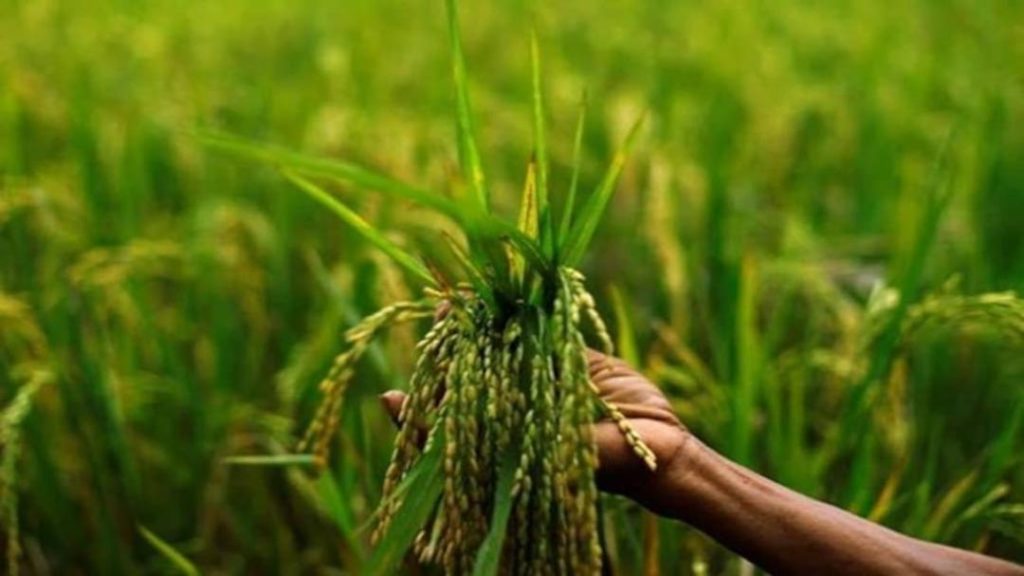
India Cutting Chenab’s Supply Will Increase Water Shortage & Impact Crops, Accepts Pakistan
In a recent development that has sent shockwaves across the region, Pakistan’s Indus River System Authority (IRSA) has accepted that India cutting Chenab river’s flow after the suspension of the Indus Waters Treaty (IWT) would increase water shortages across the country. The IRSA claimed that the move would also impact the kharif crops, which are already estimated to face a 21% shortage for the remaining early kharif season.
The IRSA’s warning comes at a time when Pakistan is already grappling with a severe water crisis. The country’s water resources have been under immense pressure due to a combination of factors, including population growth, urbanization, and climate change. The situation has become even more precarious with the ongoing drought and heatwave that has affected the country.
The Indus Waters Treaty, signed in 1960, is a bilateral agreement between India and Pakistan that distributes the waters of the Indus River and its tributaries between the two countries. The treaty allows India to use the waters of the Jhelum, Chenab, and Ravi rivers for irrigation and other purposes, subject to certain conditions.
However, the relationship between India and Pakistan has been strained in recent years, particularly over the issue of Kashmir. The ongoing tensions have led to a series of skirmishes and diplomatic tensions between the two countries. In 2019, India withdrew its troops from the Line of Control (LoC) in Kashmir, leading to a backlash from Pakistan. Since then, the situation has remained tense, with both countries accusing each other of ceasefire violations.
In the context of the Indus Waters Treaty, the suspension of the agreement has raised concerns about the impact on Pakistan’s water resources. India has been accused of diverting the waters of the Chenab river, which is a major tributary of the Indus River, to its own territory. This move has been seen as a violation of the treaty and has led to protests and demonstrations in Pakistan.
The IRSA’s warning about the impact of India cutting Chenab’s supply is a stark reminder of the gravity of the situation. The authority has claimed that the move would increase water shortages across the country, particularly in the agricultural sector. The kharif crops, which are already facing a 21% shortage, would be severely impacted, leading to a significant decline in agricultural production.
The situation is not limited to the kharif crops. The IRSA has also warned of a 7% shortage in the late kharif season, which would further exacerbate the water crisis. The authority has called for immediate action to address the crisis, including the provision of additional water supplies to the affected areas.
The impact of India cutting Chenab’s supply would be felt across the country, particularly in the provinces of Punjab and Sindh. These provinces are heavily dependent on agriculture and would be severely affected by any decline in water supplies. The situation would also have serious implications for the country’s food security, as well as its economy.
In conclusion, the IRSA’s warning about the impact of India cutting Chenab’s supply is a stark reminder of the gravity of the situation. The suspension of the Indus Waters Treaty has raised concerns about the impact on Pakistan’s water resources, and the country is facing a severe water crisis. The situation requires immediate attention and action to address the crisis and ensure the country’s food security and economic stability.
Source:






